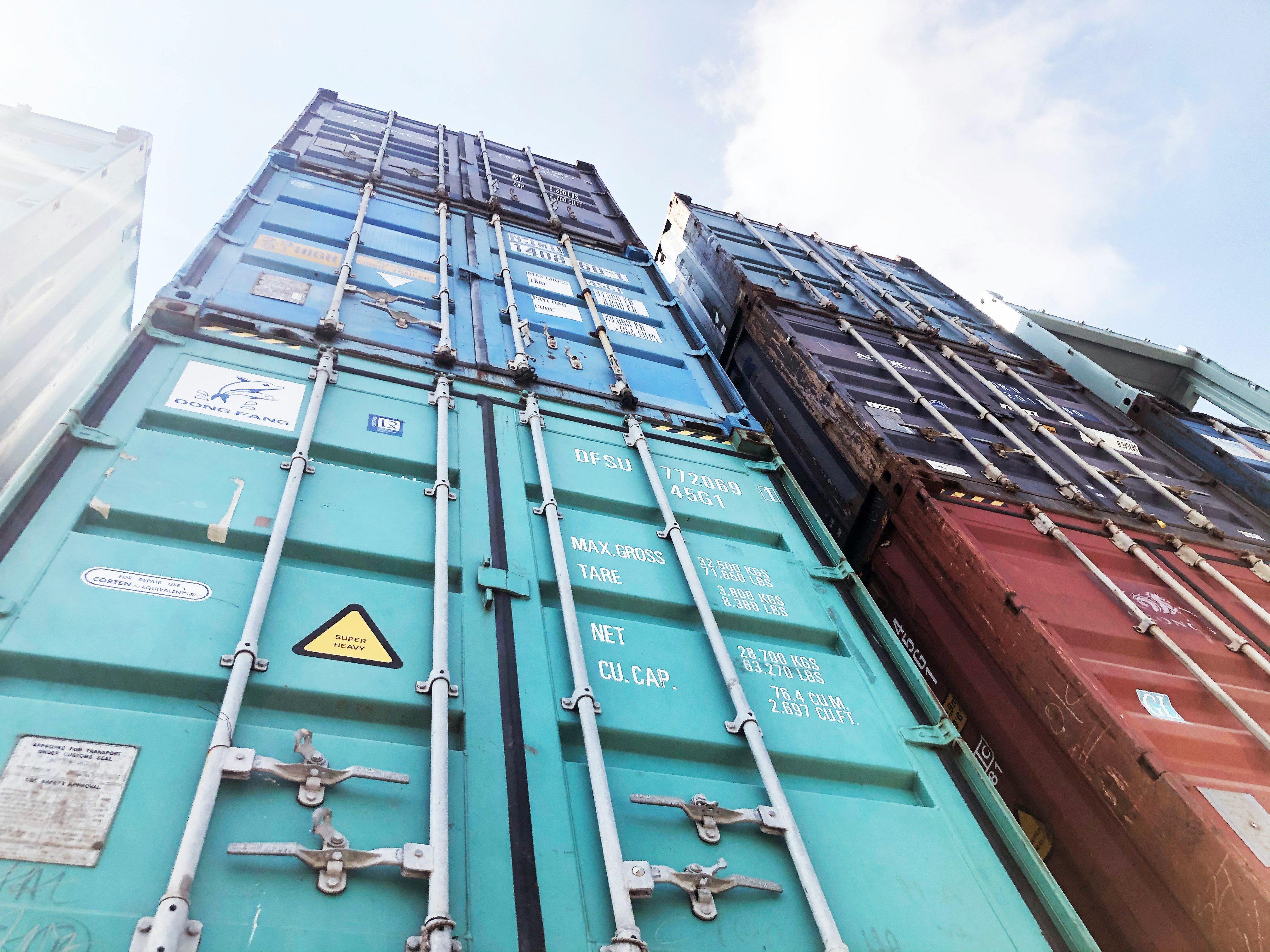Cargo damage report: it's raining inside my container!
Do you have any idea how many shipments are damaged by moisture? Up to 10% of the global goods. Yes, that is a lot!! So, what’s container rain, and why is this happening?
Container Rain
Have you ever wondered why there are visible water droplets on the grass early in the morning, even if it didn’t rain during the night? It is condensation: air vapor becoming water. This also happens inside your container.
Container rain is caused by temperature changes, which happen when ships travel in different climate zones. Let me give you an example: when a container is loaded in a tropical country like Brazil, where the air is warm and humid and shipped to Denmark, where the temperatures are cooler. So, what happens inside the container is that the warm and moist air changes into a liquid.
The heating and cooling cycles inside your container causing moisture are called “container rain”; the ceiling appears to be leaking water. When your cargo is wet and the interior smells of mold, this is most likely the reason.
How can you protect your cargo logistics?
Apart from varying climate temperatures, which you don’t have control over, there are a few things that you can do to avoid container rain.
Ventilation: Ventilated containers allow air to move in and out of the container, preventing moisture build-up. You might see open vents and think that it helps moisture to get in. Wrong! The ventilation will help to remove excessive moisture.
Packing: Cardboard boxes are cheap, and most of the international goods are stored in these boxes. Yet, it is absorbent and will hold mold during cargo transport. So, if you’re storing your goods in a cardboard box, make sure to wrap them in plastic in a dry place before loading them into the container.
Pallet: Let’s say that your cargo is overweight, and you don’t know where this unnecessary weight is coming from. If you placed wood pallets, they might have absorbed water. So, choosing the right pallet can make a huge difference.
Silica bags: Have you ever received a package with small bags full of plastic balls? It is a substance that absorbs water and removes humidity. Consider placing some silica bags in your container; it will reduce moisture, especially in humidity-sensitive cargo.
Inspection: Pre-loading inspection is essential to verify cargo and transport equipment integrity. Is it clean? Is it dry? Does this meet the requirements of the cargo you’re loading?
Check if there are signs of moisture, and wipe up any present liquid. CargoSnap helps you take photos of goods and containers before and after loading. By making sure your container is in a proper condition and goods well packed, you will reduce the probability of container rain and protect your cargo.
Want to know how to handle container damage faster? Learn more here.




